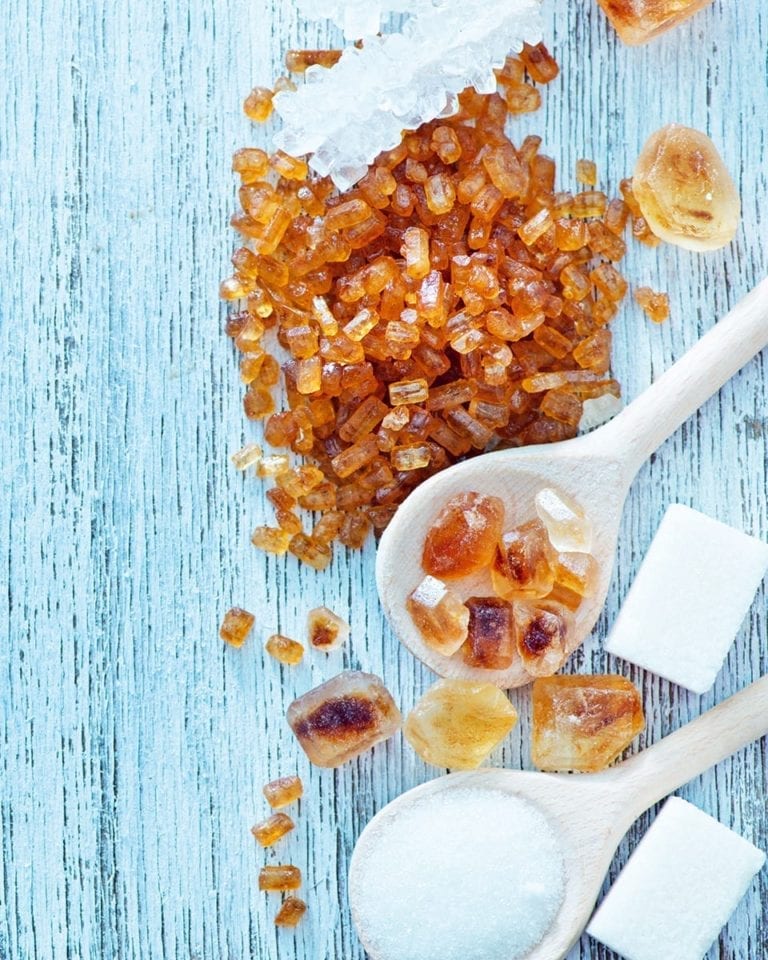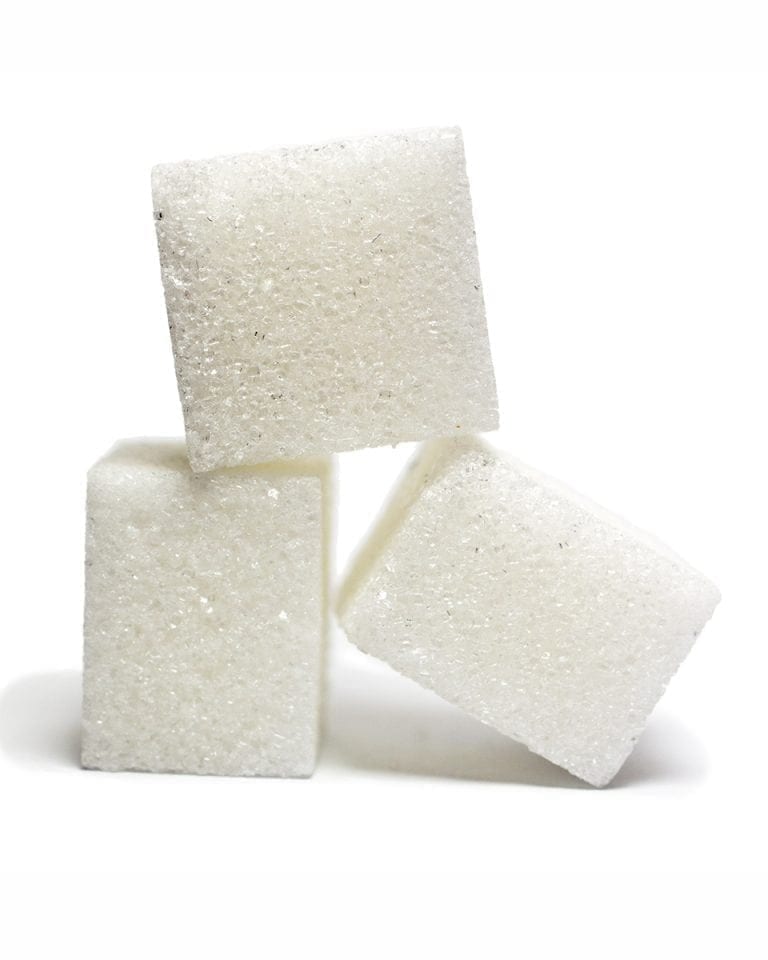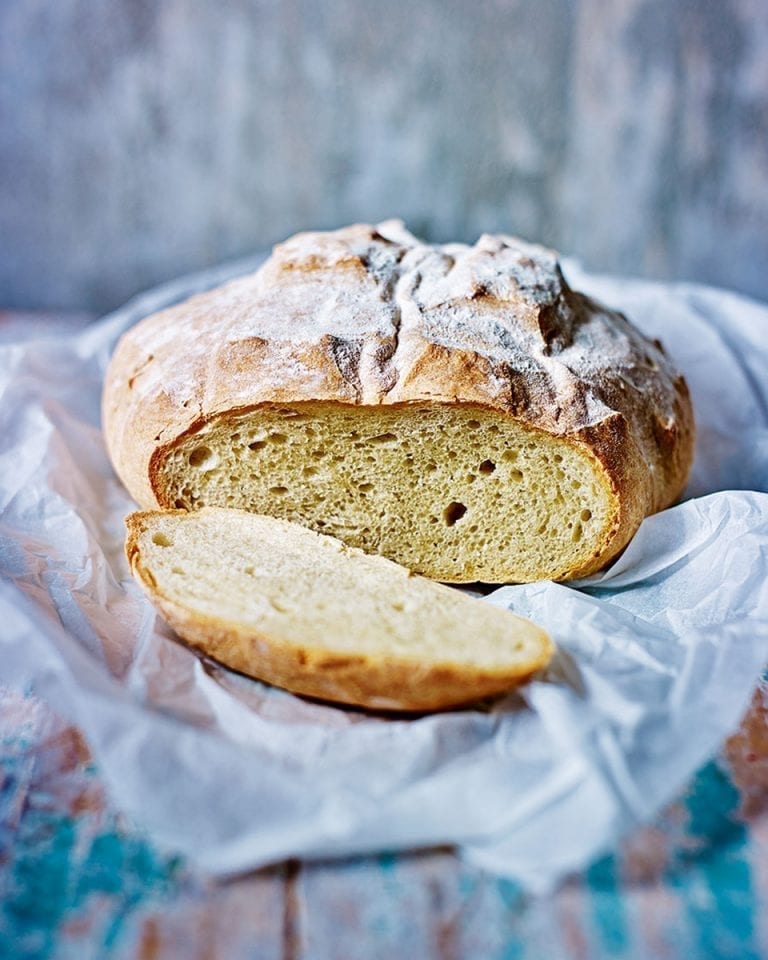Will eating fat make you fat?
For years we were told that dietary fat was bad for our health and our waistlines. But newer research shows that some fats are good for us, and that low-fat diets might actually cause us to pile on the pounds.
Confused? Sue Quinn explores this weighty topic.
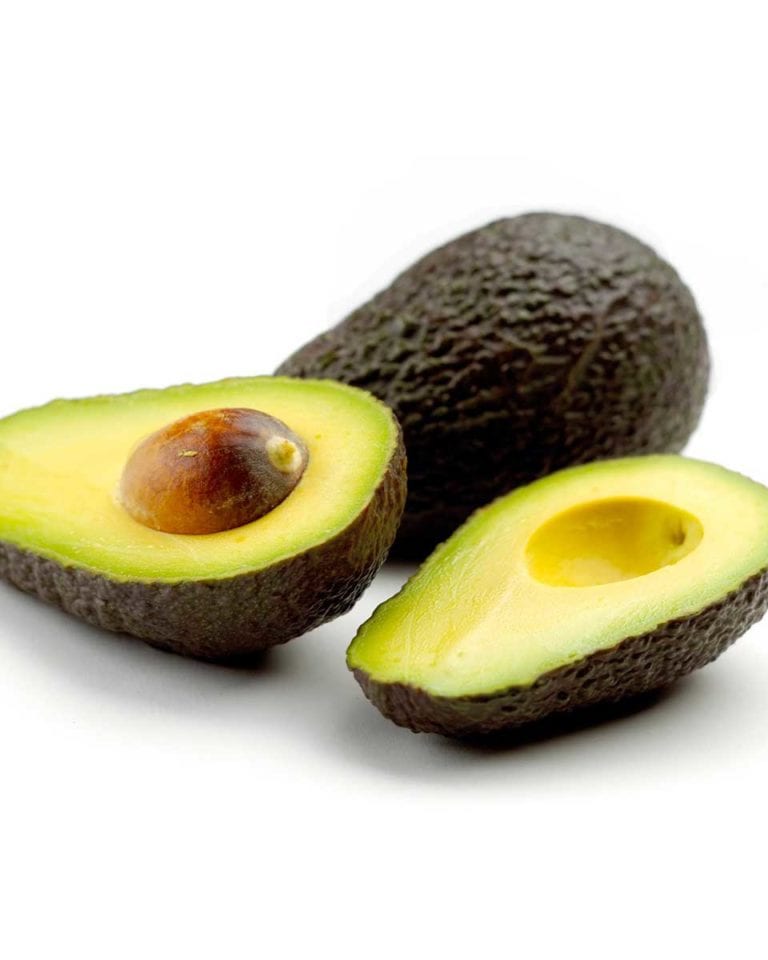
Once upon a time we were led to believe all fatty foods went straight to our thighs and clogged up our arteries along the way. But did they? It now appears the anti-fat message was vastly oversimplified, as today’s experts tell us small amounts of certain fats are good for us.
Today, some doctors and dietitians go as far as to advise against low-fat diets for weight loss, arguing they may, in fact, have the opposite effect. But the evidence still isn’t clear-cut – health experts can’t agree on this line of thought, and while they’re at loggerheads, the food industry continues to market low-fat products as effective aids to shifting those unwanted pounds. It’s no wonder many of us are scratching our heads in the supermarket aisle.
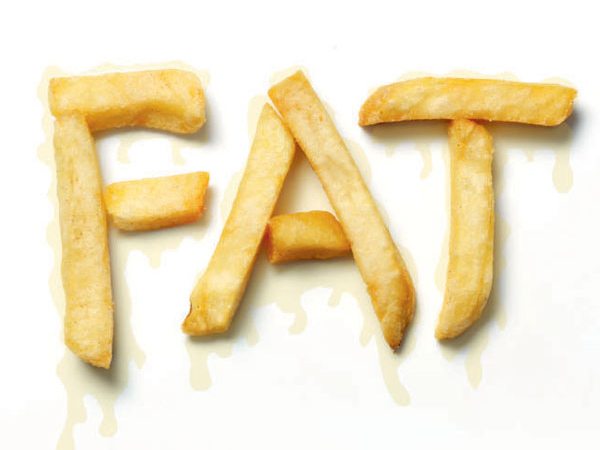
The science bit
What we do know is it’s essential to have some fat in the diet because it helps the body to absorb fat-soluble vitamins A, D and E. Cut it out and you may end up lacking in key nutrients. But we shouldn’t have too much, either – excess fat not used for energy is turned into body fat. Then again, so is unused protein and carbohydrate.
Monounsaturated fats (in olive oil and avocados) and polyunsaturated fats (in vegetable oils and oily fish) are now known to be good for heart health. Saturated fats (in fatty cuts of meat and butter) are more controversial; there’s a growing body of evidence suggesting not all types of saturated fat are as bad for us as previously thought, although the experts don’t all agree.
It’s no surprise that fat in all its forms is a target for many people trying to lose weight. Fat contains 9 calories per gram, compared to 4 calories per gram for carbohydrates and protein. But according to some doctors and dietitians, there’s more to fat than just calories.
Does eating fat make you fat?
“It’s a myth that eating specifically high-fat foods makes you fat,” says Dr Walter Willett, chair of nutrition at Harvard School of Public Health. “Of course we can become fat by eating too many calories from fat or carbohydrates, but refined starches and sugar make it harder to control our intake of calories.” In a report in The Lancet last year, Dr Willett studied the effectiveness of 53 low-fat diets on weight loss and found they were no more successful than other diets. “Low-fat diets actually did worse than other diets for weight loss,” Dr Willett says, “probably because they leave us not satisfied and [still] hungry.”
Not all the research is consistent, though. A study by the University of East Anglia last year analysed 32 separate low-fat diet trials and found participants consistently lost a small amount of weight. “But the weight loss might not have been due to the reduction in fat,” points out lead author Dr Lee Hooper. “It might have been due to an overall change in what people were eating, like cutting out burgers, for example. There might have been a similar result if they had cut back on sugar, but we don’t have the evidence to prove that,” she says.
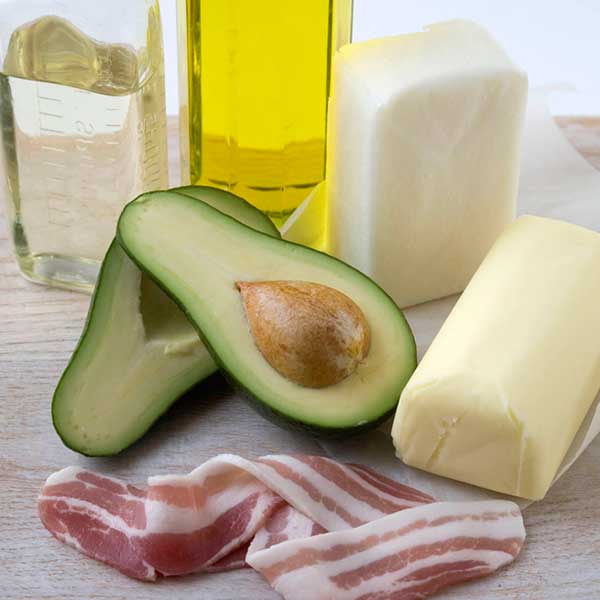
Inside low-fat foods
Naturally low-fat foods such as fruit and vegetables are healthy choices, of course, because they’re full of essential nutrients as well as fibre. But do low-fat products such as yogurt, dressings and biscuits assist in weight loss? Dr Willet says no, because manufacturers add sugar and other ingredients to low-fat or fat-free foods to make them palatable. “These products are often loaded with sugar and refined starch, and thus make it harder to control our calorie intake,” he says. Furthermore, a 2014 study by the Rotherham Institute For Obesity found 10 per cent of low-fat supermarket products contained more or the same calories as regular versions because of added sugar.
Dr Aseem Malhotra, London-based cardiologist and adviser to the National Obesity Forum, argues that sugar, not fat, is the major cause of heart disease and obesity. “Full-fat foods tend to be more nutritious and satiating,” he says, “while sugar has no nutritional value [beyond carbohydrate] and actually promotes fat storage.”
However, some dietitians say reduced-fat food can play a part in losing weight. “Ultimately, losing weight is about calories,” says Juliette Kellow, consultant nutritionist on delicious.’s sister title, Healthy Food Guide. “Foods high in fat tend to have more calories.” But she urges caution: “It’s important to read the nutrition labels because reduced fat doesn’t always mean reduced calories.”
The bottom line
“Fat itself does not make us fat: excess fat and excess calories in any form make us fat,” says Anna Daniels, dietitian and spokesperson for the British Dietetic Association. “I don’t recommend a low-fat diet for overall weight
loss – I recommend a balanced diet that includes monounsaturated and polyunsaturated fats, which are beneficial to our health, and wholegrain carbohydrates.”
So it seems the key to weight loss is not as simple as cutting out one type of food or heading for the low-fat aisle. It’s all about balance.
Subscribe to our magazine
Food stories, skills and tested recipes, straight to your door... Enjoy 5 issues for just £5 with our special introductory offer.
Subscribe
Unleash your inner chef
Looking for inspiration? Receive the latest recipes with our newsletter
